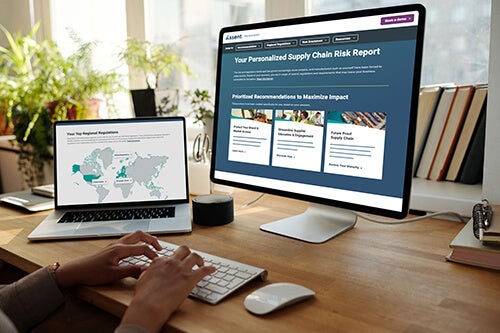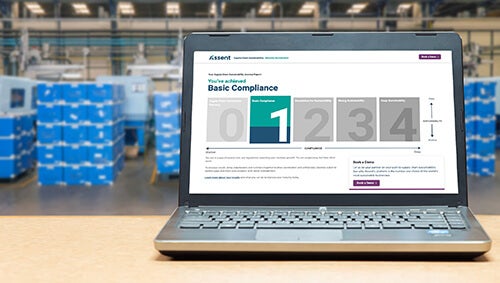With contributions from Mark Kohorst, Director, Environment, Health & Safety, National Electrical Manufacturers Association
Like their peers in other industries, electrical product manufacturers long ago integrated compliance with the European Union’s Restriction of Hazardous Substances (RoHS) Directive into their production and marketing systems. Still, some electrical companies are sheltered by exemptions and a staggered release schedule to substance lists. Despite these exemptions, companies will need to explore and implement replacement technologies in the near future to maintain market access.
Exemptions Still Mean Developing Replacements
The electrical industry extends its wires, so to speak, into most categories of consumer products — virtually anything that requires electricity to function. However, these parts are typically used in subassemblies, meaning they are often hidden from view or sold as commercial off-the-shelf. That makes it difficult for producers to recall or replace them.
Because of this, companies in the industry take advantage of use-case exemptions under RoHS. But these are only short-term solutions, given the rigorous criteria applied to renewal requests and the European Commission’s express preference, per Annex V, for ultimately phasing out all exemptions. It’s an uphill battle for manufacturers and trade groups to build a case for renewal while simultaneously investing in the development of commercially viable replacement technologies that render the exemptions moot. These challenges are reflected in examples found in the lighting industry.
“You have new substance restrictions and expiring RoHS exemptions to manage. Failing to do so effectively can risk having your products removed from the market entirely.” – Mark Kohorst, Director, Environment, Health & Safety, NEMA
RoHS Exemptions for Electrical Companies
Lighting products may be easy to “switch out” in residential scenarios, but it’s a complicated endeavor for non-residential applications. Traditional mercury-based lighting systems that don’t meet today’s safety standards are difficult to transition because they’re so prominent in both urban and industrial infrastructure. So, use-case exemptions under the RoHS Directive are vitally important.
It is worth noting that the EU is under a lot of pressure to lift the exemptions, and the public has taken notice. Changing regulatory requirements are a reality for every industry; thus, the onus falls on companies to maintain market access. Companies that adjust their product design now, considering that exemptions are not guaranteed, will better secure their market position for the years to come. That means getting up-to-date composition data to figure out which systems and product groupings meet safety standards.
Manufacturers might also check compliance data proactively, and write a requirement for the provision of data into their procurement contracts.
How Assent Helps Companies in the Electrical Industry
Electrical systems are far-reaching and mass-produced. Subparts are numerous, and final assemblies are costly and complex to replace on an industrial scale. It’s these systems that will be under the highest risk in the coming years — particularly if they continue to benefit from use-case exemptions that eventually will disappear.
The Assent Compliance Platform can pre-qualify your assembly’s subparts and the suppliers you purchase from. This will help your company maintain market access despite changing requirements, and provides transparency across the supply chain. For more insight into how to navigate the electrical industry’s compliance landscape, contact our experts today.







